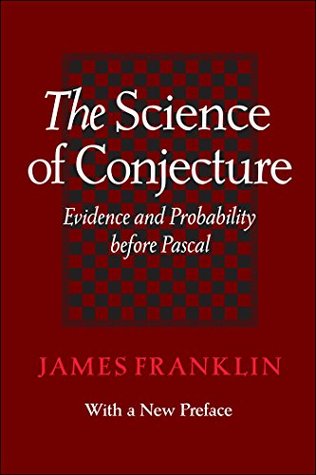Roman law too was rather explicit about its rules of evidence, though, as in other areas, in a rather haphazard way.23 The concept of “onus of proof,” though not itself probabilistic, was basic to further developments. The fundamental rule in Roman law, and since, was that “proof is incumbent on the party who affirms a fact, not on him who denies it.”24 This was developed into the rule that is the ancestor of modern “proof beyond reasonable doubt” laws.
Welcome back. Just a moment while we sign you in to your Goodreads account.


